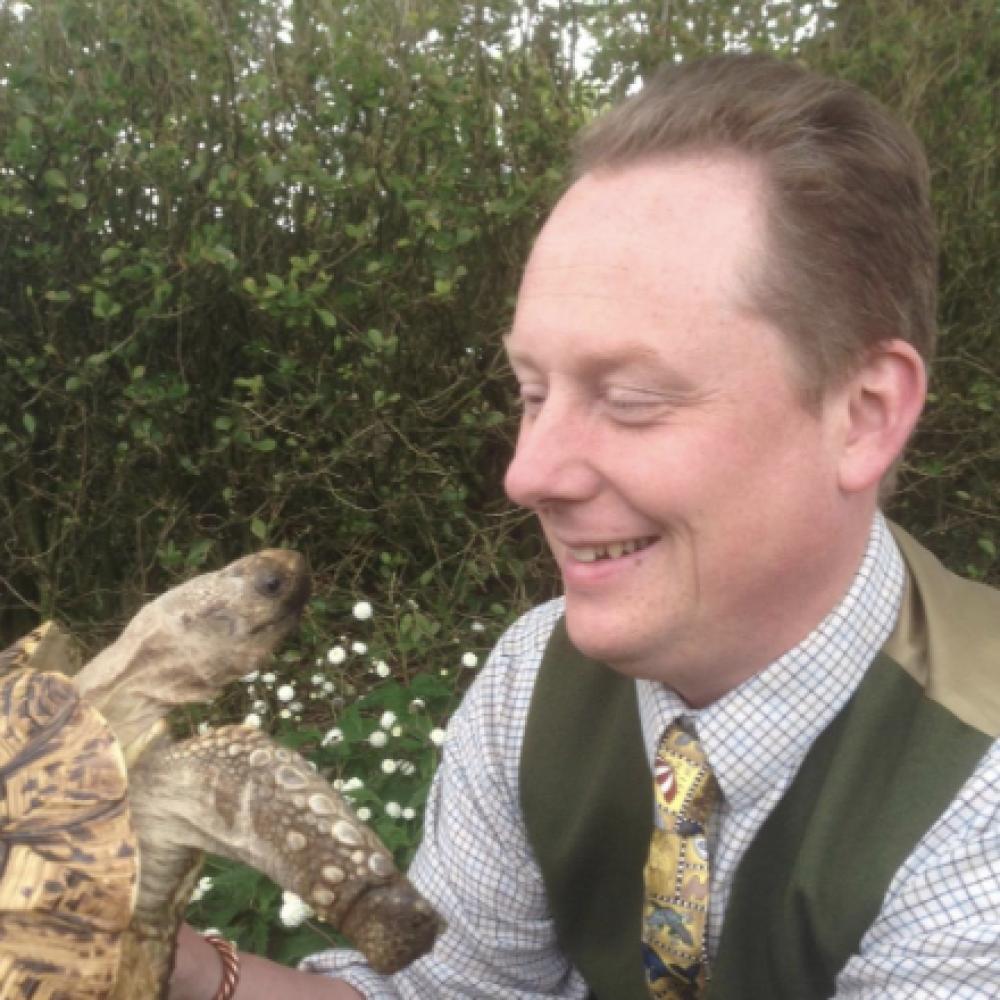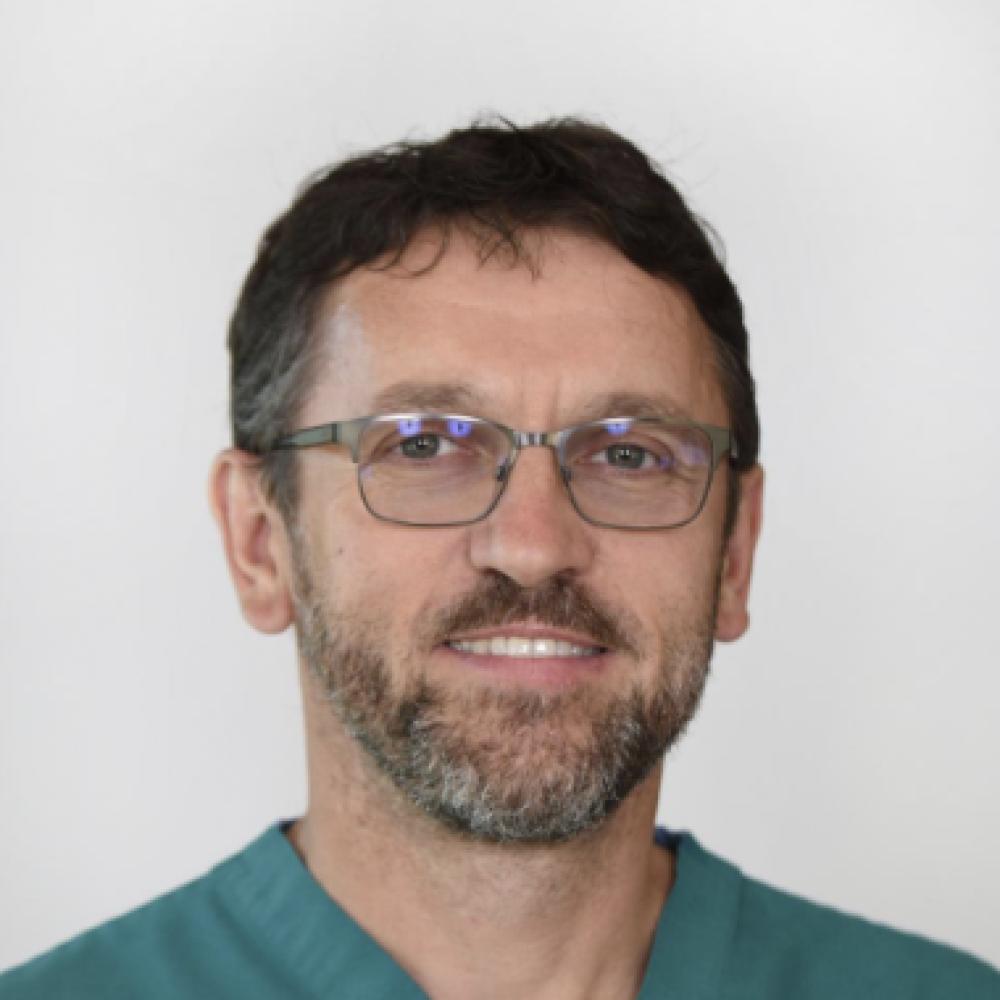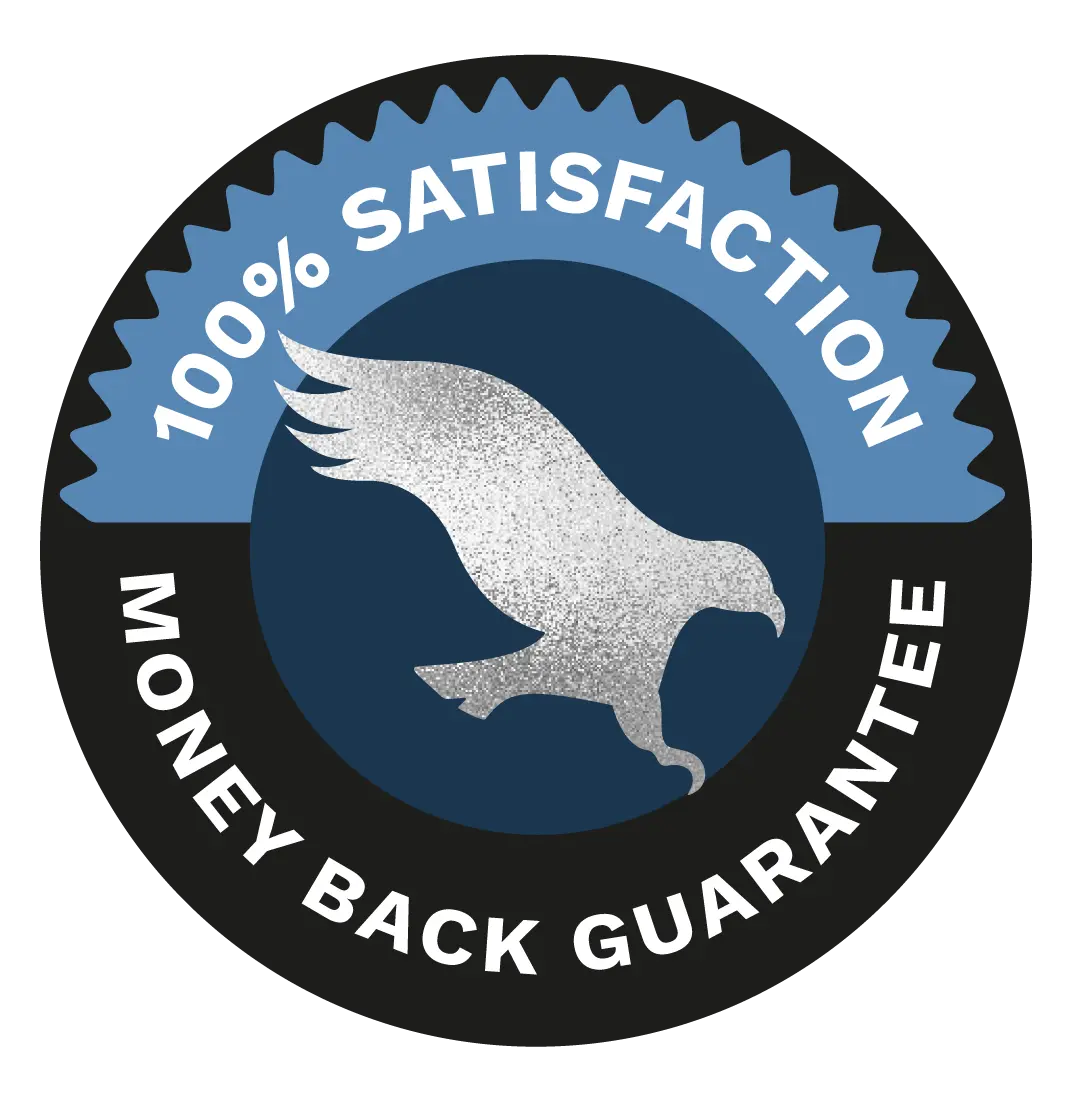Feel equipped to understand and treat the more varied cases and species
Exotic pets often fill veterinary surgeons with dread as they come through the surgery door. This programme will assist you in consolidating your knowledge of exotic medicine and surgery and help you develop an informed clinical approach to exotic patients.
The programme has been designed to provide up-to-date knowledge across a range of different zoological and exotic species, from the initial examination and diagnostic sample collection to sedation and anaesthesia, diagnostic imaging and the workup and treatment of common diseases seen in those species. The programme will cover the latest techniques and therapeutic options for exotic animals and give you knowledge and skills that you can take back into practice with you.
At the end of your programme, you can choose to attend three practical attendance modules which will cover small mammal surgery, avian surgery and endoscopy.
Providing a logical approach to even the most complex cases, this programme will provide the basis for renewed clinical enthusiasm and satisfaction.
Hear what our delegates have to say
Don’t just take our word for it - our delegate feedback speaks for itself.
Key features of this programme
14 varied modules
Covering key exotic animal subjects delivered over 2 years
3 optional practical modules
You can choose to attend 3 optional practical modules at the end of your programme, covering small mammal surgery, avian surgery and endoscopy
Support and guidance from a Module Tutor who is recognised in their subject field
The specialist in the subject area will provide online support during each module and will be available to answer all your questions
Multiple learning processes
Presentations, written notes, interactive quizzes and exercises which test your knowledge as you work
Discussion forum
A discussion forum for conversation, debate and sharing cases with your peers and Module Tutors
Course Director
Simon Girling BVMS (Hons) DZooMed DipECZM(ZHM) EurProBiol CBiol FRSB FRCVS, oversees the programme ensuring the latest Exotic Animal content
Four sessions per month
Each module consists of four sessions spread over one month. Sessions comprise separate lessons and case-based studies to work through at your own pace
100% online
Giving you access 24/7 via our world-leading Learning Management System
Regular assessments
Pre-module and post-module assessments encourage you to reflect on your learning and evaluate your progress
Dedicated Programme Tutor
A dedicated Programme Tutor who will support you every step of the way
Interactive and engaging modules
Which allow you to absorb the learning materials in an online environment
14 varied modules
Covering key exotic animal subjects delivered over 2 years
3 optional practical modules
You can choose to attend 3 optional practical modules at the end of your programme, covering small mammal surgery, avian surgery and endoscopy
Support and guidance from a Module Tutor who is recognised in their subject field
The specialist in the subject area will provide online support during each module and will be available to answer all your questions
Multiple learning processes
Presentations, written notes, interactive quizzes and exercises which test your knowledge as you work
Discussion forum
A discussion forum for conversation, debate and sharing cases with your peers and Module Tutors
Course Director
Simon Girling BVMS (Hons) DZooMed DipECZM(ZHM) EurProBiol CBiol FRSB FRCVS, oversees the programme ensuring the latest Exotic Animal content
Four sessions per month
Each module consists of four sessions spread over one month. Sessions comprise separate lessons and case-based studies to work through at your own pace
100% online
Giving you access 24/7 via our world-leading Learning Management System
Regular assessments
Pre-module and post-module assessments encourage you to reflect on your learning and evaluate your progress
Dedicated Programme Tutor
A dedicated Programme Tutor who will support you every step of the way
Interactive and engaging modules
Which allow you to absorb the learning materials in an online environment
Programme details
Module Summary
01 - Clinical Pathology
Key learning objectives:
- Understand how to collect diagnostic samples including sampling sites and blood volumes, faecal, urine and bone marrow samples
- Interpret haematological and biochemical profiles based on knowledge of normal values and the changes which occur in disease processes
- Evaluate bone marrow samples
- Describe how to collect and evaluate cytological samples
- Appreciate microbiological investigation of exotic animals
02 - Therapeutics and Immunisation
Key learning objectives:
- Revise the correct storage, dispensing and labelling of medicines
- Understand the pharmacokinetics, potential interactions and adverse effects of common therapeutic agents including anaesthetics, anti-inflammatories, analgesics, anti- microbials and anti-parasitics.
- Describe what immunisation options exist for exotic patients
- Delivery of drugs to exotic pets and zoo animals
03 - Principles of Anaesthesia, Analgesia and Emergency and Critical Care
Key learning objectives:
- Identify the type of fluid replacement required
- Calculate fluid requirements
- Appreciate different administration techniques and cannulation techniques
- Select appropriate agents for the restraint, pre-medication, induction and maintenance of anaesthesia
- Monitor anaesthesia
- Apply knowledge of emergency and resuscitation techniques in anaesthesia to clinical situations if required
- Understand the basic principles of emergency and critical care medicine of exotic pets
04 - Webinar for Modules 1 - 3
05 - Diagnostic Imaging
Key learning objectives:
- Appreciate the value of imaging techniques in mammals, reptiles and avian species including:
- Review radiography and radiology of soft tissues and the skeleton
- Revise contrast media techniques
- Describe ultrasonography and echocardiography of exotic patients
- Become familiar with the principles of endoscopy including the respiratory, gastrointestinal and reproductive tracts
06 - Current Concepts in Surgery
Key learning objectives:
- Understand basic surgical techniques, surgical neutering and coelomic surgery
- Use knowledge gained to implant microchips
- Apply knowledge gained to performing various oesophagostomy techniques
- Describe how to repair shell and beak defects
- Explain the use of radiosurgery in exotics
- Approach the orthopaedic patient and understand the common fracture types in different species, the principles of internal and external fracture repair and muscle tendon adhesions
07 - Avian Medicine and Surgery
Key learning objectives:
- Explain the investigation and treatment of gastro-intestinal diseases in birds
- Investigate and treat diseases of the upper and lower airways including the nares, sinuses, and infections such as Chlamydophilosis and Aspergillosis
- Approach beak and feather disease and feather plucking
- Understand urogenital tract disease including excessive egg laying, egg binding, cloacal disease and orchitis
- Manage trauma cases including fractures
08 - Webinar for Module 6
09 - Biology, Nutrition, Husbandry and Common Diseases of Mice, Rats, Hamsters, Guinea Pigs, Chinchillas, Degus and Gerbils
Key learning objectives:
- Describe the diagnosis, treatment and prevention of common skin diseases including ectoparasitic, bacterial, viral, fungal and endocrine disorders
- Understand diseases affecting the gastro-intestinal tract including Tyzzer’s disease, wet tail, dental malocclusions and coccidiosis
- Transform your approach to the diagnosis and treatment of respiratory disorders
- Approach the diagnosis and treatment of endocrine conditions
- Develop your understanding the diseases which affect the reproductive and urinary tracts
- Appreciate conditions which affect the CNS
- Understand sebaceous gland dermatitis, reproductive and adrenal gland disease affecting the skin and behavioural induced skin disease in gerbils
10 - Biology, Nutrition, Husbandry and Common Diseases of Rabbits
Key learning objectives:
- Diagnose and treat dermatological diseases
- Investigate and treat gastrointestinal diseases including motility disturbances, mucoid enteropathy and diarrhoea
- Formulate a treatment plan for dental disease including overgrown teeth and traumatic injuries to teeth, treatment of abscesses and caries
- Be familiar with the diagnosis and treatment of respiratory tract disease including Pasteurellosis
- Understand conditions affecting the musculoskeletal and nervous systems including vestibular disease
- Investigate and treat reproductive and urinary tract diseases
- Describe common infectious diseases such as E cuniculi, myxomatosis and viral haemorrhagic disease
11 - Biology, Nutrition, Husbandry and Diseases of Ferrets and Fish
Key learning objectives:
- Diagnose and treat ectoparasitic, bacterial, fungal, viral and neoplastic skin disease in ferrets
- Investigate and treat diseases affecting the gastrointestinal, respiratory and urogenital systems in ferrets
- Understand infectious diseases in ferrets such as distemper, tuberculosis, Aleutian disease and human influenza
- Assess disease patterns, environmental factors and fish husbandry and apply these to quarantine and disease prevention strategies
- Perform clinical examinations and have a knowledge of anaesthesia, medication and therapeutics with respect to fish
- Diagnose and treat common skin diseases, ocular disorders, respiratory and internal disease and have an understanding of the principles of fish surgery
12 - Biology, Nutrition, Husbandry and Diseases of Other Pets and Invertebrates
Key learning objectives:
- Review the husbandry and diseases of small pet marsupials such as sugar gliders, wallabies and opossums and how to treat them
- Outline the husbandry and diseases of pet skunks and how to treat them
- Describe the husbandry and diseases of Procyonids such as the raccoon, coatimundi and kinkajou and how to treat them
- Explain the husbandry and diseases of Herpestids such as the dwarf mongoose and meerkat and how to treat them
- Understand the husbandry and diseases of Asiatic short clawed otters and how to treat them
- Review the husbandry and diseases of African pygmy hedgehogs and how to treat them
- Detail the husbandry and diseases of Prairie dogs and how to treat them
- Increase your knowledge on the husbandry and common conditions affecting pet amphibians and how to treat them
- Outline the husbandry and diseases of commonly kept invertebrates and how to treat them
13 - Reptile Medicine and Surgery
Key learning objectives:
- Formulate an approach to the sick reptile including post hibernation anorexia and hypocalcaemic collapse
- Diagnose and treat dermatological conditions including dysecdysis, scale rot and abscesses and metabolic, nutritional and infectious bone and shell disorders
- Diagnose and treat common gastroenterological disorders including mouth rot, vomiting and regurgitation and liver disease
- Approach respiratory and cardiovascular disease including pneumonia and lungworm
- Investigate respiratory tract and reproductive disease
- Understand the common infectious diseases of reptiles
14 - Webinar for modules 9, 10 & 11
15 - Wildlife Medicine
Key learning objectives:
- Formulate an approach to the restraint, anaesthesia and trauma management of wild birds and mammals
- Diagnose and manage common disorders of the following wildlife species: the red fox, badger, hedgehog, bats, deer, small mustelids (Weasels, Stoat, Polecat, Pine Martens), otter, wild cats, squirrels, wild lagomorphs, seals, rodents, wild birds, reptiles and amphibians
- Approach rehabilitation of wildlife
- Understand the zoonotic diseases which affect particular species of wildlife
16 - Primate Biology and Medicine
Key learning objectives:
- Diagnose, treat and prevent ectoparasitic, bacterial, viral, fungal and neoplastic skin diseases
- Understand gastrointestinal disease including bacterial gastroenteritis, gastric dilation, diarrhoea and dental caries
- Appreciate diseases affecting the cardio-respiratory system
- Describe metabolic/ nutritional bone disease, musculoskeletal and neurological disease, arthritis and limb fractures
- Investigate and treat infectious diseases
- Diagnose and treat diseases of the urogenital tract including endometrial, ovarian and mammary disease
17 - Zoo Animal Management
Key learning objectives:
- Approach the routine health-care management and common disease problems of zoo animals
- Review how to restrain zoo animals
- Understand drug delivery systems, immobilisation and anaesthetic regimes
18 - Webinar for modules 12, 13 & 14
Optional Module Summary
At the end of your Exotic Animal Practice Online Learning Programme, you can choose to book the three optional attendance practical modules, details below. These modules will be delivered at our state-of-the-art training venue using the latest equipment and capped to a maximum of 12 delegates. For those wanting to book the full Exotic Animal Practice Programme, these modules will be at an exclusive price. You can book these at a later date by contacting your Programme Tutor, however, we will also be opening these up to our wider veterinary community so please let us know as soon as possible, so we can guarantee you a place!
Entry Requirements
Initial registration for the Optional Practical Attendance Modules is open on a first come first serve basis to delegates booking onto the Exotic Animal Practice Online Learning Programme. Any bookings made thereafter will be subject to review and acceptance. Improve International have the right to refuse a booking if it does not meet the entry requirements stated above. Please contact us for further information.
01 - Small Mammal Soft Tissue Surgery
02 - Avian Soft Tissue Surgery
3. Perform the following surgical procedures on cadavers;
- Intravenous and interosseous catheterisation
- Endotracheal intubation
- Ingluviotomy and crop biopsy
- Left lateral coeliotomy and salpingohysterectomy
- Ventral coeliotomy and cloacopexy
- Cloacoplasty
- Tibiotarsal and/or humeral fracture repair
4. Appreciate and plan post-operative care and re-evaluation to minimise patient morbidity and mortality
03 - Reptile soft tissue and exotic animal Orthopedics
1. Explain how endoscopy equipment works and is put together
2. Review the basic endosurgical procedures
3. Perform the following procedures on cadavers;
- Otoscopy
- Stomatoscopy
- Laryngotracheoscopy
4. Laparoscopy and;
- Liver biopsy
- Ovariectomy
- Cystoscopy
- Colonoscopy
- Coelioscopy (left)
- Exploration and evaluation
- Liver, kidney, lung and spleen biopsy
- Coelioscopy (right)
- Exploration and evaluation
- Pancreatic biopsy
- Cloacoscopy
Qualifications
The Exotic Animal Practice Online Learning Programme offers you a comprehensive range of structured learning with the ultimate flexibility to access the training that you want whilst working around your busy practice life.
You can choose to let the Programme give you new knowledge and skills to take back to practice or you can work towards a recognised qualification.
General Practitioner Certificate (GPCert)
By attending the full online structured programme and the successful completion of the International School of Veterinary Postgraduate Studies (ISVPS) assessments including an exam you can gain the GPCert awarded by ISVPS.
Only registered veterinary surgeons who have been qualified for a minimum of one year can apply to undertake a General Practitioner Certificate.
Postgraduate Certificate (PgC)
A route to a PgC in Exotic Animal Practice is available through our partnership with Harper Adams University (HAU).
The PgC is a recognised higher education qualification demonstrating that you have achieved the required standard within a designated subject. The qualification represents Masters Level 7 within the Quality Assurance Agency’s framework for higher and further education. You will have to take the Advanced Practitioner Module which is delivered by HAU. Contact us for further information.
For GPCert and PgC fees please see our pricing table in the ‘Pricing’ tab above.
Dates for assessments will be provided separately by ISVPS.
RCVS Advanced Practitioner Status
On September 2025, the Royal College of Veterinary Surgeons (RCVS) announced an updated process for reviewing and accrediting postgraduate certificates that lead to eligibility for Advanced Practitioner (AP) Status.
This is an important development for the profession, ensuring that the AP designation remains a robust and meaningful recognition of advanced veterinary knowledge and skills providing greater confidence for veterinary professionals, clients, and the wider public.
Improve Veterinary Education and ISVPS fully support this enhanced level of scrutiny and has updated its GP Certificate (GPCert) programmes and assessments to meet the new RCVS criteria. These programmes have been submitted for review, and accreditation is currently pending as the RCVS AP Subcommittee works through applications.
Speakers
Pricing
£7,500.00
£8,099.00£2,499.00
£1,999.00
Payment & VAT Information
1. Many of our courses come with deferred payment and instalment options. Click “Book Now” to see what’s available for this course.
2. All prices will be displayed exclusive of local sales tax.
Payment Terms & Conditions
Registration Information
100% Satisfaction
We're completely confident in the quality of our training and CPD. So much so that if you're not 100% satisfied with your certificate course, we'll give you a 100% refund. Just get in touch with us within 30 days of your start date and we'll sort the rest. T's and C's apply.
Find out moreFAQs
Practical Sessions
Where are practical CPD courses or face-to-face modules held?
What will the timings be for face-to-face certificate modules and practical CPD sessions? How will my day be structured?
Where do the cadavers come from for the practical CPD and surgical modules/courses?
What should I wear to a practical CPD course/module?
I will be travelling from overseas, do I need a Visa?
Will the dogs used for practical CPD courses be sedated?
Will the dogs used for scanning have any abnormalities?
Are the dogs used for ultrasound CPD clipped?
Are cats used for any of the ultrasound courses?
Postgraduate Certificates (PgCs)
Royal College of Veterinary Surgeons (RCVS) Advanced Practitioner (AP) Status – what has the RCVS announced?
What is a Postgraduate Certificate (PgC)?
Am I eligible for the PgC programme?
How do I enrol on the PgC programme?
I have previously achieved a GPCert. Can I still upgrade to a PgC?
Is the PgC equivalent to the RCVS CertAVP, BSAVA PGCert, and other university-awarded veterinary postgraduate certificates?
How are Improve’s PgCs different from other providers?
Will a PgC enable me to apply for the RCVS Advanced Practitioner Status?
How will I be assessed for the PgC?
What does the PgC fee include?
What’s not included in the PgC fee? Do I need to budget for further costs?
Payments & Finance
What payment methods do you accept?
Do you offer any flexible payment plans?
What payment methods can I use for setting up a direct debit?
Do you issue separate invoices for each instalment?
Why was my Direct Debit payment not charged on the day that is established in my payment plan?
Why couldn’t I make payment during check-out?
Where can I find the bank details for the bank/wire transfer?
What happens if my circumstances change and I need to cancel my order?
When is payment for my veterinary CPD course due?
How much do the veterinary CPD courses and certificate programmes cost?
My course includes assessments with HAU, how do I make payment for these?
My CPD course includes assessments with ISVPS, how do I make payment for these?
Can I pay by Direct Debit?
Online Learning & Platform
Is there a discussion forum or way to interact with other delegates?
What happens if I lose internet connection or need to pause my session?
How do I track my progress in each online module?
Can I access course materials on mobile devices or offline?
What are the technical requirements to access online courses?
If coming from a non-European country – how would face-to-face module attendance work for the PgC?
How do I register for the GPCert and/or the PgC?
Is the PgC programme recognised by other countries?
General Practitioner Certificates (GPCerts)
What is the criteria for enrolling in a General Practitioner Certificate programme?
What is the difference between a GPCert and a PgC?
Can I use this veterinary certificate programme towards my veterinary CPD hours?
How long does a General Practitioner Certificate (GPCert) take to achieve?
I want to register for a veterinary certificate course but I may be away for some of the modules. Does this mean I will miss out?
How long do I have to finish the modules for my GPCert?
What resources will be available to support me through the certificate programme?
How long do I have access to the course material for?
How will I be assessed for the GPCert?
What happens if I am not eligible to sit the assessments and/or exam with my cohort?
What does the General Practitioner Certificate programme fee include?
What’s not included in the certificate programme fee? Do I need to budget for further costs?
Will my veterinary postgraduate qualification be recognised in other countries?
Can I take a postgraduate certificate if coming from a non-European country? How do face-to-face modules work?
How are Improve’s PgC programmes different to other providers?
Where are the taught programmes held?
Are Improve’s Postgraduate Certificates academically equivalent to the RCVS CertAVP and other postgraduate certificates?
Over what time period can I take the taught modules?
I want to register on a modular course but I may be away for some of the modules. Does this mean I will miss out?
What resources will be available to support me through the PgC?
No ordinary online learning experience
Learn with the leading global provider of online veterinary CPD!
Find out more








